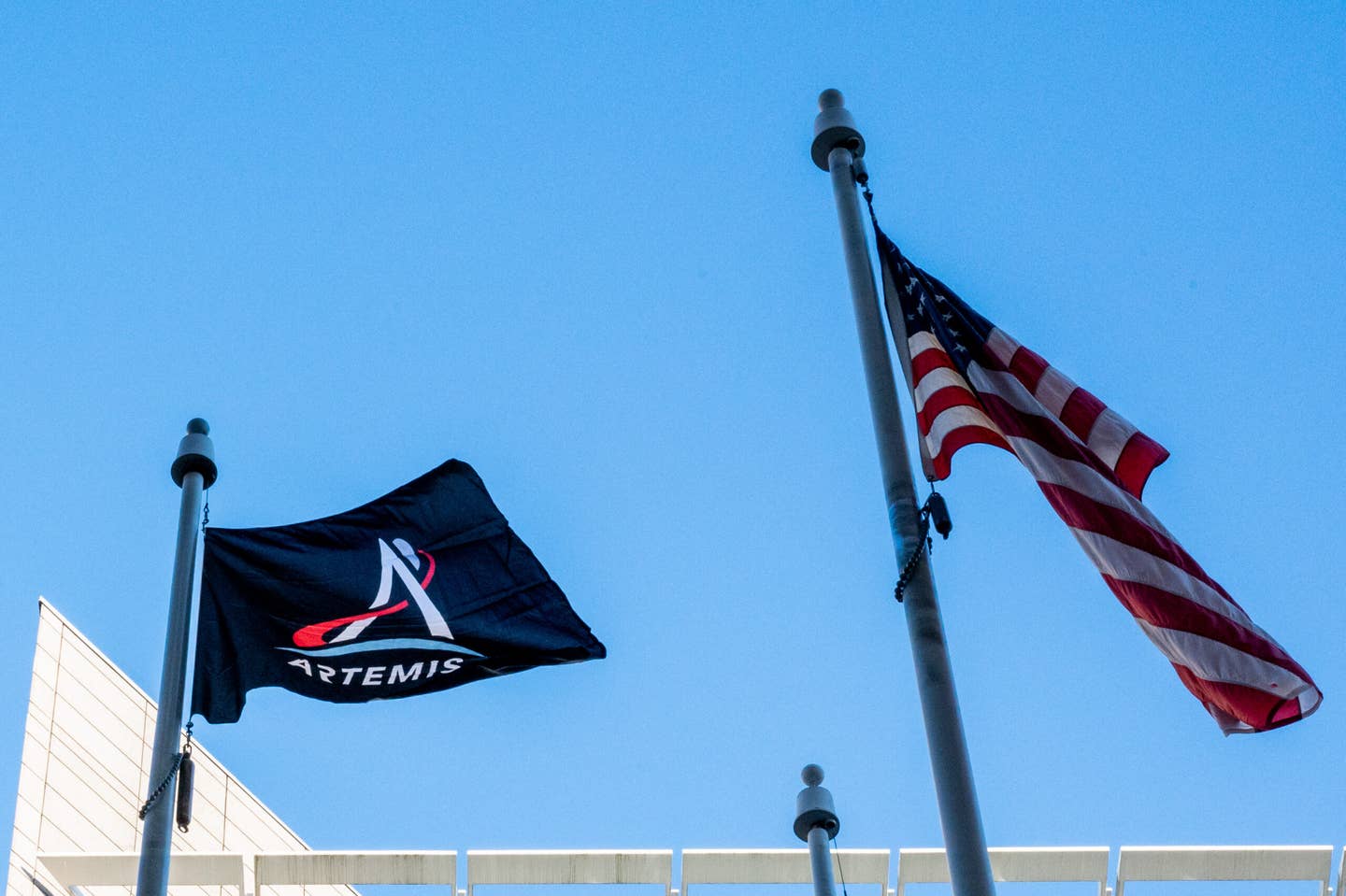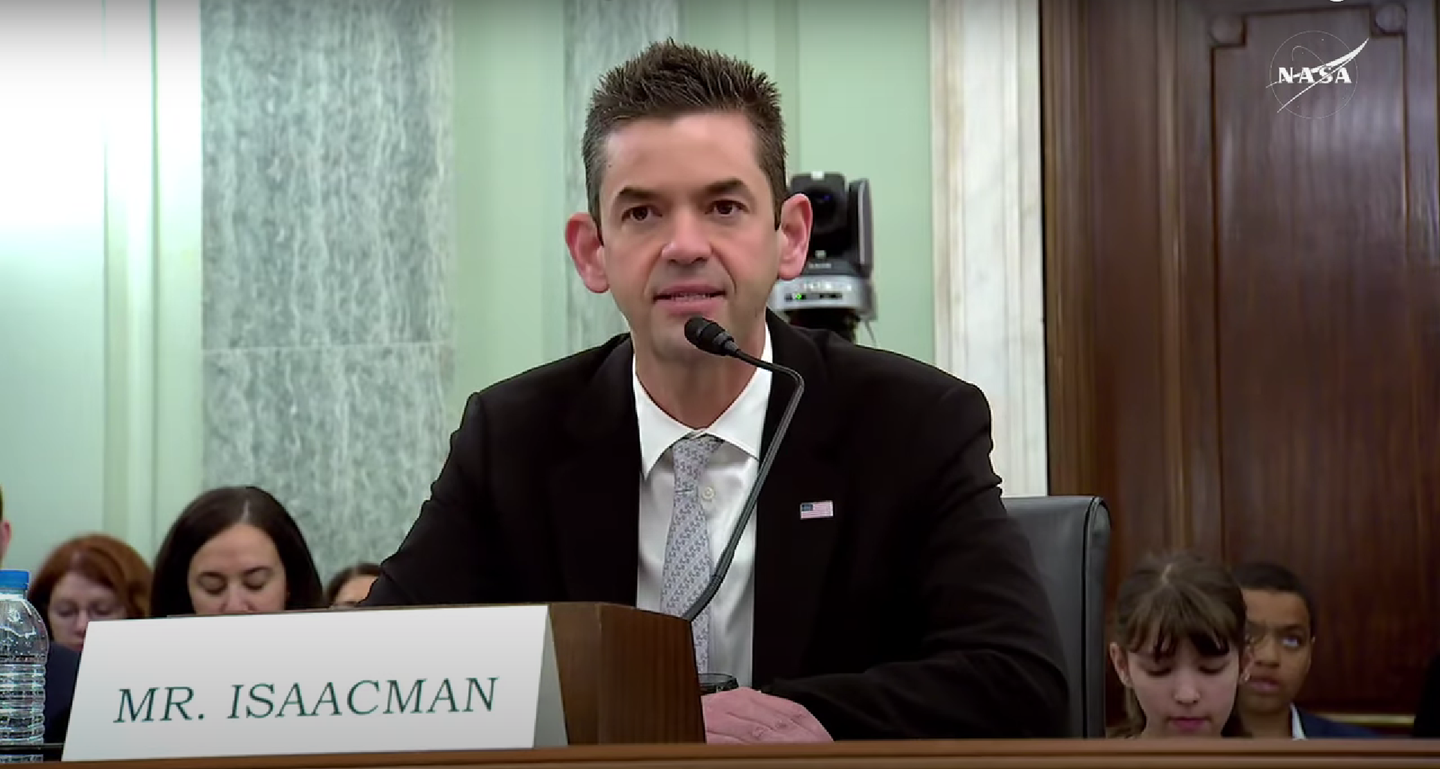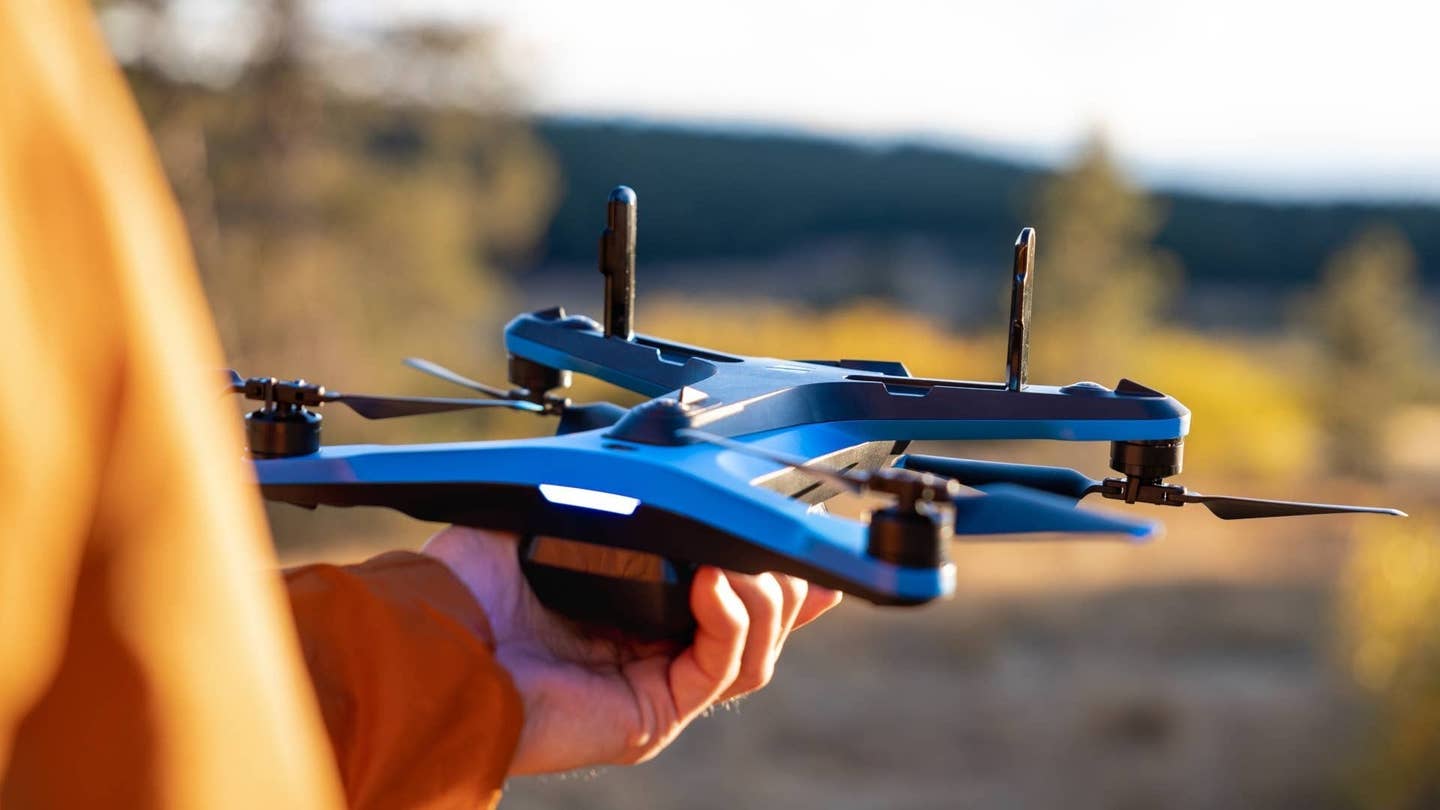DOGE Personnel Arrive at NASA to Conduct Spending Review
Acting NASA Administrator Janet Petro says the Department of Government Efficiency will review the space agency’s payments.

Personnel from the Department of Government Efficiency (DOGE) are on-site at NASA to review the agency’s payments. [Courtesy: NASA]
The Department of Government Efficiency (DOGE), working under a mandate from President Donald Trump to reduce government spending, has its next target: NASA.
The space agency told FLYING on Friday that DOGE personnel are already on-site to conduct a review of its payments.
“We are a federal agency; we are going to have DOGE come,” said Janet Petro, acting NASA administrator, speaking at the annual Commercial Space Conference on Wednesday in Washington, D.C. “They’re going to look, similarly to what they’ve done at other agencies, at our payments and what money has gone out.”
Petro did not specify what DOGE will be looking for or the level of access its personnel will have.
The acting administrator said staff at NASA Headquarters in Washington, D.C., are “really trying to wrap our heads around all the executive orders as they’re flying at us.”
In January, Petro, the first woman to serve in her role, told employees the agency would shutter all diversity, equity, inclusion, and accessibility (DEIA) offices and cancel related contracts to comply with a Trump executive order. Last week, the agency’s information technology team asked workers to remove personal pronouns from their email display names to comply with another White House directive.
NASA Headquarters has also ordered employees to scrub all mentions of “women in leadership,” “environmental justice,” and other DEIA-related terms from agency websites. On Friday, it released an interim directive implementing a reduction in force (RIF) at the agency, which according to an executive order will impact personnel “working in areas that will likely be subject to the RIFs.” Under the plan, DOGE teams would produce monthly hiring reports.
Representative Grace Meng (D-N.Y.) on Wednesday raised concerns about DOGE’s access to NASA’s payments, calling it a “multibillion-dollar conflict of interest.” The unofficial government department, created via executive order, is spearheaded by SpaceX CEO Elon Musk, whom the White House has identified as a “special government employee.”
“Any access could provide Mr. Musk’s company…with insider information that would benefit SpaceX at the expense of that company’s competitors and the taxpayers,” Meng wrote in a letter to Petro, urging her to revoke Musk and his staff’s access to the space agency. “Such a visit would be wildly inappropriate.”
SpaceX has received more than $14.5 billion in NASA funding, including nearly $13 billion in the past decade, per federal spending data. In fiscal year 2024, the California Institute of Technology was the only private contractor to receive a bigger piece of the pie. SpaceX’s largest obligations are a $2.89 billion contract to build the human landing system (HLS) for NASA’s Artemis III lunar landing and some $4.93 billion for International Space Station (ISS) astronaut rotation services. Its Crew Dragon spacecraft has flown all nine NASA commercial crew missions to date.
“NASA possesses highly sensitive proprietary data related to the capabilities and contractual obligations of its contractors—some of whom are or could become direct competitors to SpaceX and may compete with SpaceX for forthcoming agency contracts,” wrote Representatives Zoe Lofgren (D-Calif.) and Valerie Foushee (D-N.C.) in a letter to Petro dated February 6.
Lofgren and Foushee, both ranking members on congressional space committees, called DOGE involvement a “matter of grave concern” and requested transparency about its activities at NASA.
Earlier this month, Petro announced Michael Altenhofen, a SpaceX veteran of 15 years, as a “senior advisor to the NASA administrator.” Altenhofen’s level of involvement is unclear. In January, Trump announced private astronaut Jared Isaacman—arguably SpaceX’s most important private customer —as his pick to lead NASA. The Senate Commerce Committee has not yet scheduled a confirmation hearing for Isaacman.
Isaacman has called NASA’s Space Launch System (SLS)—the assigned launch vehicle for Artemis II and Artemis III—an “outrageously expensive” rocket. Per a NASA inspector general investigation, Boeing, the prime contractor for the SLS Block 1B configuration, has contributed to more than $700 million in added project costs. That could make it a target of DOGE’s review.
Earlier this week, Boeing said it plans to lay off hundreds of employees due to anticipated “revisions” to the Artemis program. Neither NASA nor the White House have announced any official changes to the campaign.
Like this story? We think you'll also like the Future of FLYING newsletter sent every Thursday afternoon. Sign up now.

Sign-up for newsletters & special offers!
Get the latest FLYING stories & special offers delivered directly to your inbox






